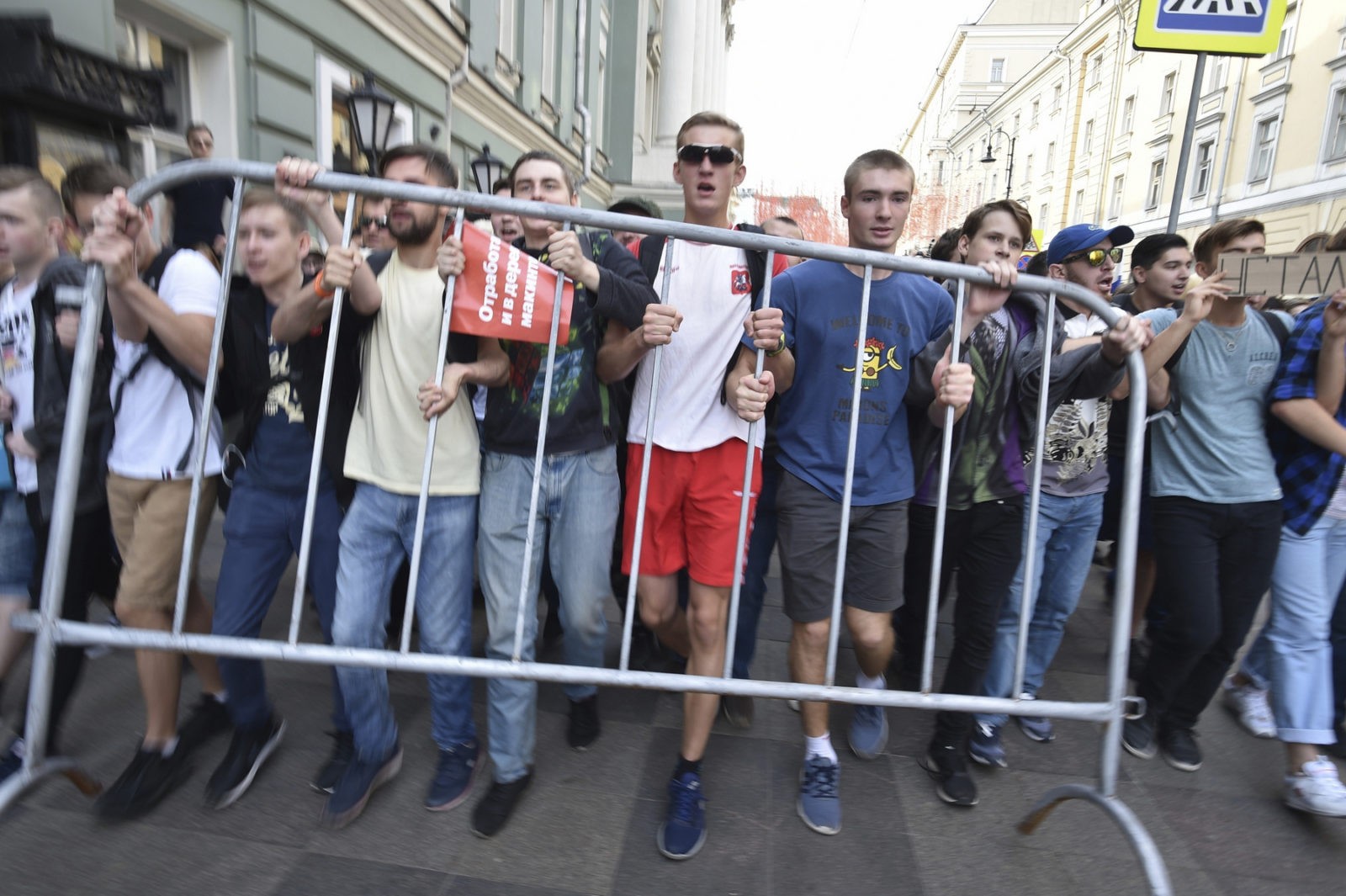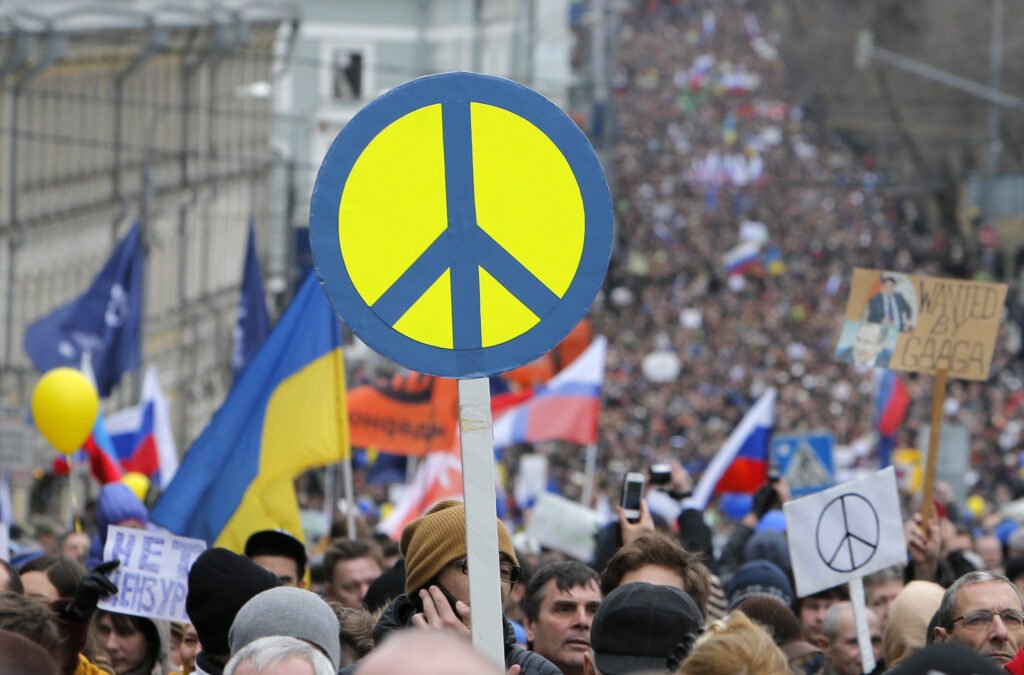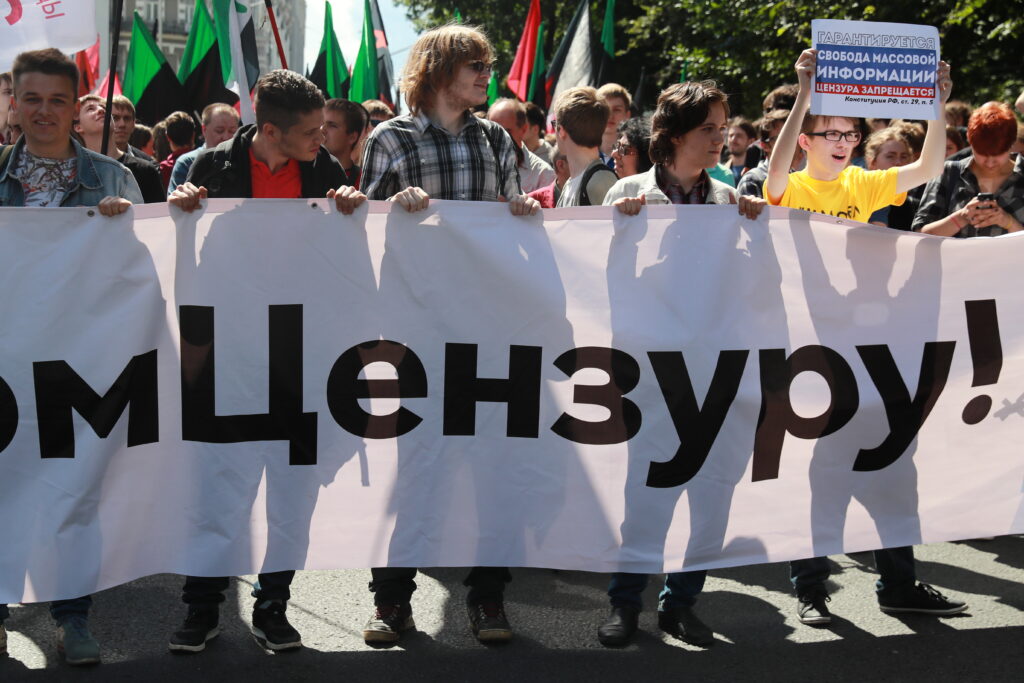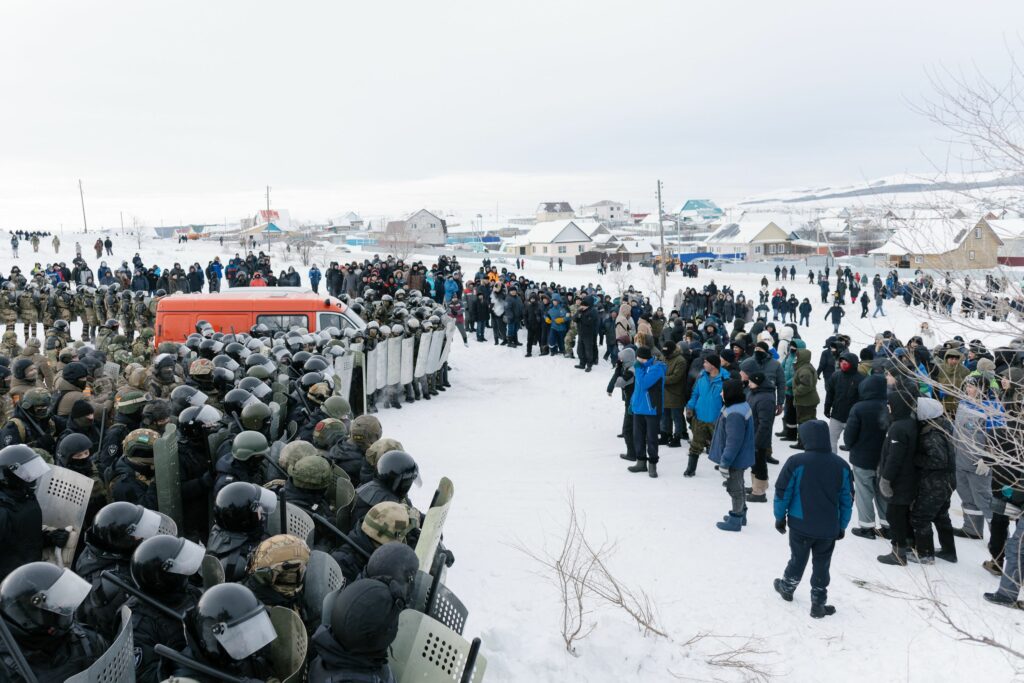In Autumn 2016, an alarming article appeared in the popular scientific publication Journal of Democracy. Its authors Roberto Foa and Yascha Mounk wrote that American and European “millennials” no longer believe that democracy is the “only game in town,” and that this eroded fundamental support for democracy even where there is little doubt in its inviolability. In 2011, among respondents born in the 1980s or later, 24% in the United States and 13% in Europe considered democracy to be a “bad” or “very bad” form of government. Back in the 1980s and early 1990s, the authors continued, “young people treated democratic values with much more enthusiasm” than their elders. Now, those generations have swapped places.
To say that the study caused resonance would be an understatement. Its alarming results can be attributed to the “cohort effect,” or the phenomenon of “critical citizens” who, having grown up in a democratic society begin to take it for granted, and demand something more, as young people did during the 1960s. However, the very question of to what extent citizens support democracy contains a serious flaw: what kind of democracy do the respondents imagine? For this reason, it’s worth looking at what exact form of government (by military rulers, religious leaders, or others) respondents consider the most appropriate, and amend one’s conclusions accordingly. Furthermore, a number of political scientists suspect that Trump may not be so terrible as he’s made out to be; even populists after coming to power gradually acclimatise themselves to the rules of coalition politics and, should political institutions facilitate that shift, drift towards the median voter. In any case, the extent of new generations’ commitment to democracy is now a pressing question.
In Russia, the values of various generations (in particular X, Y, and Z) has become a popular topic of discussion since 2017. At the time, many so-called “school kids” took to the streets of almost all the country’s major cities, protesting against corruption and in solidarity with opposition politician Alexey Navalny. But does this mean that the Russian youth is more democratic or more liberal than older generations? And if it does, then why is Russia so different from the USA or Europe?
Before delving further into the topic, it’s important to figure out exactly how we understand “democracy” and what we consider to be “conservative.” The latter, even in concrete and measurable terms, includes a wide range of concepts: religiosity, adherence to traditional or patriarchal values, anti-western sentiment, and support for authoritarianism, social conformism, and nationalism. What we understand by “democracy” is no simpler. And what about “commitment to democracy?” If so, then which form of democracy? One where minorities are protected by law, or one where everybody is afforded economic equality? Answering these questions requires narrowing down the topic somewhat, and exploring these values through the cultural modernisation theory of Ronald Inglehart and Christian Welzel.
Inglehart and Welzel demonstrate that increases in technical progress and economic wellbeing are coupled with changes in the fundamental values held by most of a given society’s population. According to the two scholars, two key transitions have taken place over the entire history of societal development: the transition from traditional values to those of a modern society, and then the transition from modern values to post-materialism. The corresponding changes affect many facets of society, including individuals’ attitudes and relationships to the family, to political participation, people from of other cultures and societies, and gender norms. It follows that post-materialists, that is, people who have already been socialised in conditions of economic stability and representative democracy, place great emphasis on self-realisation and individualism. They are also more prone to plan an active role in volunteer work and political movements. Through a series of questions which capture respondents’ attitudes to these topics, we can thereby assess their degree of commitment to post-material values.
Can the Russian youth be described as “post-materialistic”? To answer this question, I compared data from World Values Surveys since 1990, when Russia first participated in the project, until the end of 2017. I conditionally divided the samples into three categories of respondent: under 29 years old, from 30-49 years old, and older than 50.
Our data confirm the findings of the Levada Center, according to which young people are not interested in politics and have generally become even less so. However, in the country as a whole, interest in politics has actually grown over the given period. Figure 1 shows the significant increase in politicisation among the middle-aged and older cohorts of respondent since 2011. However, youth interest in politics only slightly increased after a sharp drop: in 2006, 34.4% of this cohort said they were interested in politics, a share which fell to 27.1% in 2011 and 29.8% by 2017. The discrepancies in this interest by generation are also quite noticeable: if the oldest and youngest groups were in the lead in the 1990s, and the middle-aged had been “turned off” politics, then by 2011 the generations had converged: citizens from 30-49 years of age began to demonstrate more interest in political developments. Politics seems to have become a less marginal sphere of interest, as people began to pay attention to it at the peak of their professional careers (i.e. in middle age.) Overall, the Russian youth is now not much different from other generations in this regard. In fact, young Russians have become more similar to western peers in their demonstration of political apathy.

A further topic of interest is how young people differ from one another in terms of cultural and political values. Instead of examining every facet of the post-materialism index (which comprises 12 components), I will show that the most indicative dynamic among them is respondents’ attitude to homosexuality. This question allows us to unequivocally distinguish those with more conservative values. Respondents gave a number, on a scale of 1 to 10, to indicate to what extent they feel “homosexuality is excusable” (where 0 corresponds to “never” and 10 to “always.”) Those who answered from 7 to 10 were included in the corresponding share of “cultural post-materialists.” These dynamics are shown in Figure 2.
In general, in less than three decades, the level of tolerance towards homosexual people has risen substantially. Only a few people saw homosexuality as “excusable” in 1990, and the middle-aged turned out to be more tolerant than others. It is noteworthy that young people have never before been the trailblazers of cultural post-materialism: in 2006, they even turned out to be a little more conservative than older generations. These trends were common to all age groups: until 2006, the share of those who saw homosexuality as acceptable increased, and then started to decrease in 2011. Most interesting of all is what happened between 2011 and 2017; the proportion of young people who were tolerant towards homosexuality more than doubled, from 6.7% to 16.2%. Over the same period, there was no significant change in the attitudes of middle-aged and older people. As such, those under 29 are an entirely new generation in terms of their attitudes. These attitudes have never before been seen in previous series of surveys, and this group of young people appear to be more open-minded, at least in terms of their cultural values.

A reduced interest in politics does not necessarily mean that young people lose interest in all forms of civic activism. Figures 3 and 4 show changes in the share of those who either signed a petition or took part in a peaceful demonstration in the 12 months before the survey was held. Since the early 1990s, such civic engagement has fallen precipitously among all age groups. This can easily be explained by the disappearance of compulsory politicisation, including participating in demonstrations. Furthermore, economic difficulties have made earning a living a higher priority for respondents.
On the whole, the dynamics of civic engagement among the youth and those slightly older are very similar. The peak occurs in 1990, when participation rates fluctuated between 26-30%. The discrepancy between different age groups only becomes significant in 2017. Following the decline in 2011, all age groups exhibited roughly the same interest in signing petitions. At the same time, today’s youth sign petitions more often than older people. Compared to 18.6% of respondents under 29 years of age, only 13% of middle-aged respondents had signed a petition in the preceding 12 months, as did just 9.6% of those aged 50 or above.
However, today’s youth participates in demonstrations less frequently older generations. This contradicts the image presented by the media, according to which street protests are mostly the preserve of young people and schoolchildren. Contrary to popular belief, those aged 29 or younger claim that they participate in demonstrations less often than other age groups. There may be a good reason for this: after the wave of arrests of demonstrators in 2017, it can’t be ruled out that a stigma is now attached to demonstrations. On the other hand, if respondents had already taken part in an opposition protest, it’s unlikely that they would have concealed that fact from the interviewer. There is also the possibility that many of these public demonstrations are not opposition protests at all, but rather demonstrations in support of the authorities. Whatever the reason, 2017 saw a marked decline in young people’s participation in demonstrations, which is consistent with the findings of the Levada Center.

Interestingly, young people in Moscow differ from their peers across the rest of Russia. Figure 4 shows that the number of young Muscovites who did not participate in protests last year is significantly smaller than those who would never do so at all.
Whether in Russia’s capital, regional centres, or towns and settlements of any other size, the level of youth participation in protests is more or less the same (and quite low): under 20%.
So if young Russians are not, after all, the country’s trailblazers of political activity (with the possible exception of the slightly more politically active young Muscovites), can the generation born in the late 1980s and 1990s be described as more “authoritarian”? The standard method of measuring that is to ask the respondent to what degree they consider democracy the ideal form of government. However, residents of former communist countries attribute many different meanings to that particular term. As a result, sociologists are now researching respondents’ levels of support for alternative forms of political organisation: such as rule by military or religions leaders, rule by experts, or simply a strong leader who rules without constraint.

By comparing the youth with other age groups, we see that young people today generally see democracy as the rest do: over 65% of people aged 29 and under consider democracy a “good” or “very good” form of government. Support for religious or military regimes is marginal among all generations (less than 20%.) Young people trust experts or technocrats to rule them a little more (42% of young people as compared to 39% of those from older age groups.) About the same percentage of young people support rule by a strong leader as their parents and grandparents. If we are to consider a society where half the citizens support such a leader to be “authoritarian,” then we must also apply the term to young people, albeit no more than to everybody else.

Is Russian society becoming more “progressive”? If we considering “progressiveness” to manifest itself as a higher interest in politics and a growth in post-material attitudes, then trends are indeed moving in that direction. However, not all age groups are moving at the same pace: while young people are disinterested in politics, their tolerance for the “other” has significantly increased. In that regard, young Russians are growing ever closer to their European peers. Therefore we must ask whether it is society as a whole which is changing, or only certain sections of it.
The indicators analysed above do not, generally speaking, show significant intergenerational differences. The suggestion that young people are the trailblazers of civic engagement in Russian society does not look convincing. Differences are observed only in 2017, when young people turned out to sign petitions more frequently, and attended demonstrations more often than their predecessors in earlier years.
So, is Russia’s youth really more “authoritarian”? It appears not; it’s likely that Millennials and “Generation Z” are, on average, much the same as the rest.










